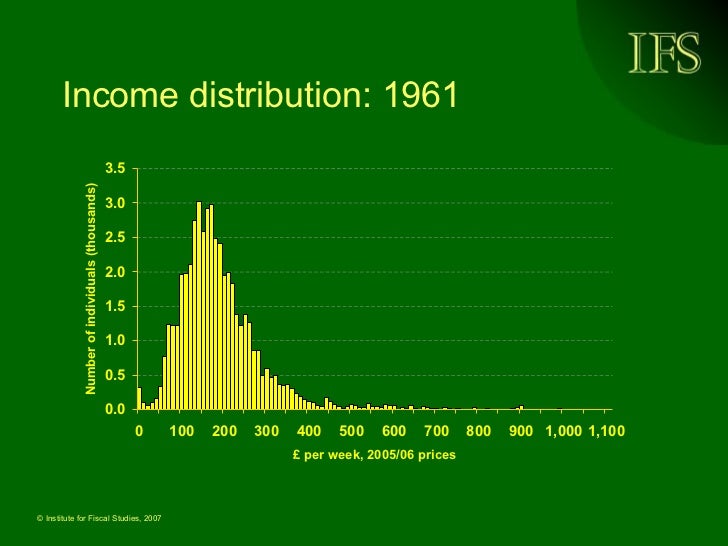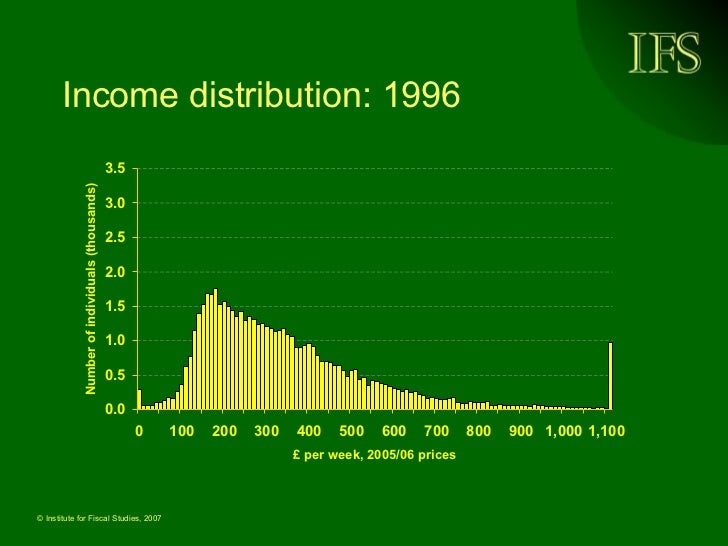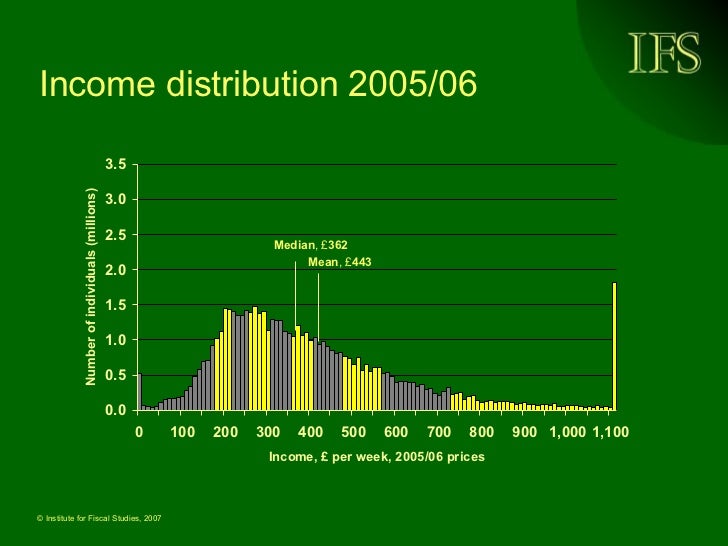Flanders rounds off her portraits of influential economic thinkers with a Marxist mirage. Ostensibly about Marx it was really just a vehicle to propagate the usual BBC rhetoric about inequality, Thatcher and the rich getting richer.
Flanders, like Marx, seems to have no interest in finding the truth but more in proclaiming it. She embodies the virtues that Marx displayed…the poet, journalist and moralist….producing a fascinating fusion of visual delights and facts that as we draw closer melt under the harsh light of examination and reality.
Marx, out of interest, has almost a uncanny resemblance to Gordon Brown. His anger was unbounded and rages furious, his grandfather was a rabbi, he was a scholar and a journalist and fascinated by economicss but not too bothered about the truth as it turns out….he spent so long reading his books in the British Library that the real world and events passed him by….which meant all that he wrote was based upon historical facts and not the current state of society or economy…..a genius, perhaps, but not one in touch with the real world. He almost lost an eye in a sporting accident. Uncanny.
Flanders asks the question ‘Can Marx provide any solution to today’s crisis?’.
The answer she told us was ‘No’…..she says Marx said very little about an alternative to Capitalism.
Not really true as vast numbers of people who have suffered the implementation of his solution could tell us…..many millions of course cannot because they were killed by the Soviet Solution.
However according to the BBC’s favourite Marxist…Eric Hobsbawm (probably writing from his Bourgeois home in Hampstead or his holiday home in Wales), the killers were the ‘liberators of mankind’ and the deaths of many, many millions an acceptable and necessary part of the process in the inevitable advancement of the workers.
No mention of the Dictatorship of the Proletariat, or the workers taking over the means of production, or the destruction of the family, Church and society…and of course of Capitalism itself…or the arming of the workers and the final, ultimate Communism in which there is no government just an armed proletariat somehow making all the necessary decisions.
She tells us that Marx’s big contribution was to discover that Capitalism is ‘unstable’.
Is it? It goes up and down for sure….but we know that, any businessman could have revealed that way before Marx. Joseph in Genesis could of told you that as he battled with 7 years of plenty and 7 years of famine. Gordon could have learnt something from his preacher father….in the good times pug some away for a rainy day.
That was about it really for Marx….Flanders told us he had no real answers to the problems he diagnosed.
Professor J. Schumpeter, Professor of Political Economy at Bonn, and formerly Minister of Finance in Austria, talking about “The instability of our economic system,” probably has a better grasp of the realities:
‘It is not capitalism that has come to an end but a mode of politics that seeks to guarantee market stability.’
In other words it is government interference that produces the most instability.
Capitalism is ‘stable’ in that it goes up and down in an almost predictable manner….but look over the last 100 years and you can pick out why economies collapsed….usually too much government interference lowering interest rates and creating a housing bubble or a stock market boom….politicians flooding the market with too much cheap money.
It is the government, by trying to maintain ‘stability’ (and voting majorities) that introduces the element of increased instability beyond the norm….and intensifies any natural boom and bust cycle…because as Hayek said…the economy is just too complicated for us to really understand…any changes can have massive unintended, and damaging, consequences.
So perhaps Marx was wrong about stability…and that is why he had no solution to the problem…..a problem that has no solution….because it is as natural as the weather cycle that produces the occasional drought and famine….and a problem that will always ‘fix’ itself as humans always endeavour to recover and rebuild their lives and fortunes….rather than manning the barricades.
Which kind of made the programme a bit pointless if Flanders admits Marx had no answers….but she carried on manfully and decided instead to explain how we found ourselves in such a mess.
Nothing to do with Labour or Gordon. No. The problem is inequality, between the low wages of the workers and the vastly richer top earners.
She tells us that inequality is creeping up the agenda and asks ‘Have the greedy capitalists been picking the pockets of the workers?’
Her answer was a definite ‘yes’.
She tells us that wages for the middle and low income brackets have not increased for nearly 30 years, and may have fallen whilst the rich have become even richer.
Why have the rich become richer?
Three reasons….‘Those things that kept a lid on inequality are no longer present in society‘…..
1. The Unions have been made weaker…cue film of Scargill being arrested.
2. Low tax rates.
3. Social norms have changed…we are no longer a moral nation ‘obliged’ to share our good fortune.
So we need stronger Unions, higher taxes and responsible capitalism…..er…is this a speech by Miliband?
Flanders also has the grace to mention the advances in technology and the ever changing face of global business. Technology means we need fewer workers in each industry, (whilst creating many others), but she claims that this globalisation is a new thing…the interconnectedness of economies is what created this recent crash. She also claims that the vast new pool of cheap labour in developing countries has meant we are all out of a job as our high wage economies cannot compete.
Let’s look at her claims.
She, and Stiglitz, claim incomes have been falling for 30 years.
Not according to both the IFS and the US Congressional Budget Office.
A report from the Congressional Budget Office (CBO) points out that income inequality in America has not risen dramatically over the past 20 years—when the top 1% of earners are excluded. With them, the picture is quite different. The causes of the good fortune of those at the top are disputed, but the CBO provides some useful detail on that too.
CBO finds that, between 1979 and 2007, income grew by:
275 percent for the top 1 percent of households,
65 percent for the next 19 percent,
Just under 40 percent for the next 60 percent, and
18 percent for the bottom 20 percent.

In the UK incomes have risen dramatically across the income spectrum…..since Thatcher took over incomes have risen for nearly everyone…..but look at the graphs, they tell an interesting tale.



Under the Tories the poorest 250,000 remain poor, and the richest rise to 500,000. Labour takes over and the poorest rise to 1000,000 whilst the rich get even richer…with nearly 1 million extra people clambering up the greasy pole to the ranks of the richest.
Inequality was greater and rising under Labour not the Tories….but income was rising for the majority.
So that’s one Flanders’ error put to bed. Yes, the rich have gotten richer but wages for nearly all rose appreciably in the last 30 years. Anyone with eyes in their head could see that just looking at the lifestyles people lead these days…not only that but prices have dropped…how many low income people could fly off around the world on holiday 30 years ago?…no where near as many as today.
How about her claim that the recent availability of cheap foreign labour has led to the crash?
We have always relied on that…Orwell told us that….‘We all live by robbing Asiatic coolies’……
‘All left-wing parties in the highly industrialised countries are at bottom a sham, because they make it their business to fight against something which they do not really wish to destroy. They have international aims, and at the same time they struggle to keep up a standard of life with which those aims are incompatible. We all live by robbing Asiatic coolies, and those of us who are ‘enlightened’ all maintain that those coolies ought to be set free, but our standard of living, and hence our ‘enlightenment’, demands that the robbery shall continue. A humanitarian is always a hypocrite.’
And what about the ‘interconnectedness’ of the global economy? She says this is a new thing, something which nobody could have really accounted for or planned for.
Really? That was Gordon Brown’s excuse believe it or not…the Chancellor and PM didn’t realise the extent of the connections between the global economies. Really?
The Great Depression in Europe was kicked off by the stock market and banking crash in the US….Hitler rose to power on this tidal wave of bad news. That was in the 1930’s, there are lots of books on it, lots of films, Wikipedia does it to death. Gordon must have noticed.
Flanders tells us Hitler came to power due to the reparations imposed on Germany after the war. Again not really true….Germany could have paid them from the revenues from its own economy but decided instead to borrow heavily from the US to fund the roaring 20’s in Germany….a stimulus in other words by borrowing.
No wonder Flanders doesn’t want to admit the truth….an economy crashed by a reckless and feckless government spending and borrowing too much…..how similar to our own.
She tells us that Hitler’s rise to power was almost certain due to the austerity imposed on Germany by the Allies….however the BBC’s own programme ‘The Nazis: A Warning From History’ states that this wasn’t so….’The Nazis wanted the world to believe that Hitler’s rise to power was inevitable – this programme shatters that myth.’ and it also explains that it was the US crash that allowed Hitler to get his foot in the door…not reparations or hyper inflation which the Germans got under control.
But note…no other country was so effected by the crash.
Flanders and Co are pushing hard at the door that opens onto a brave new world……which they believe can be jimmied open with a bit of Keynes.
Keynes, Flanders tells us also thought reparations were to lead to war….not true if you read Keynes…..he agreed reparations should be paid….but that some measures to restrict the German economy and ‘empire’ would hamper those payments.
What else though could Keynes tell us…what thoughts might be instructive?
‘What is Communism?
Like other new religions, Leninism derives its power not from the multitude but from the small minority of enthusiastic converts whose zeal and intolerance make each one equal in strength of a hundred indifferentists. Like other new religions it seems to take the colour and gaiety and freedom out of everyday life and to offer a drab substitute in the square wooden faces of its devotees.
Like other new religions it persecutes without justice or pity those who actively resist it. Like other new religions it is unscrupulous. But to say Leninism is the faith of a persecuting and propagating minority of fanatics led by hypocrites is, after all, to say no more nor less than that it is a religion and not merely a party, and Lenin a Mahomet, not a Bismark.
I sympathise with those who seek for something good in Soviet Russia.
But when we come to the real thing what is one to say?
Red Russia holds too much which is detestable….I am not ready for a creed which does not care how much it destroys the liberty and security of daily life, which uses deliberately the weapons of persecution, destruction, and international strife.
How can I admire a policy which finds a characteristic expression in spending millions to suborn spies in every family and group at home, and to stir up trouble abroad?
How can I accept a doctrine which sets up as its bible, above and beyond criticism, an obsolete economic textbook which I know to be not only scientifically erroneous but without interest or application for the modern world?
How can I adopt a creed which, preferring the mud to the fish, exalts a boorish proletariat above the bourgeois and the intelligentsia who, with whatever faults, are the quality in life and surely carry the seeds of all human advancement?
Even if we need a religion, how can we find it in the turbid rubbish of the Red bookshops? It is hard for an educated, decent, intelligent son of Western Europe to find his ideals here, unless he has first suffered some strange and horrid process of conversion which has changed all his values. (Eric Hobsbawm?)
In Western industrial conditions the tactics of Red Revolution would throw the whole population into a pit of poverty and death.
I do not mean that Russian Communism alters, or even seeks to alter, human nature, that it makes Jews less avaricious or Russians less extravagant than they were before.
What else is there of interest in his writings that could be of value to us?
‘Money making, as such, on as large a sale as possible, is not less respectable socially, perhaps more so, than a life devoted to the service of the State or of Religion, Education, Learning , or Art.’
So being ‘filthy rich’ as someone once said, is fine with Keynes?
Further reading might reveal that he did think government spending could be productive….but only if the economy was already in good shape…. ‘We are not inefficient, we are not poor, we are not living on our capital. Our labour and our plant are enormously more productive than they used to be. Our national income is going up quite quickly. That is how we do it.’
Do what? Afford to invest in infrastructure…..but the economy has to be growing to do it.
‘My own policy for the budget, so long as the slump lasts is…to continue to borrow for the unemployment fund, and to impose a Revenue tariff.’
So what is Osborne doing? Borrowing to pay welfare and unemployment and increasing tax…VAT especially.
Seems pretty Keynesian to me.
Guess you can read into Keynes anything you want to suit your purpose.
Shame Flanders doesn’t admit this.
So Marx was wrong about stability of capitalism, wrong about the outcome of Capitalism, his solution failed miserably and brought untold misery to the Proletariat and Keynes hated Communism and didn’t really give an unqualified yes to government borrowing and spending on infrastructure….and incomes have risen not fallen over the last 30 years and reparations didn’t put Hitler into power.
Flanders didn’t really get much right did she?
Guess most of it was wishful thinking and Labour propaganda.
What was Marx’s alternative to Capitalism?
Worst of all, the Revolution had turned the peasants into capitalistic small-holders. The big estates which had produced millions of tons of grain for export had been divided into innumerable tiny patches. The vast stretches of land which used to supply the towns and the Army with food had been split up. The Communist Revolution had led to the increase of Capitalism.
It had led to the increasing strength of the capitalist class of richer peasants, the Kulaks who hated Communism.
The cry went, round among the communists: “The time has come for Change! Forward to pure Communism!
“It is terrible here in the kolkhoz. We cannot speak or we shall be sent away to Siberia as they sent the others. We are afraid. I had three cows. They took them away and now I only get a crust of bread. It is a thousand times worse now than before the Revolution;
“The Communists came and seized our land, they stole our cattle and they tried to make us work like serfs in a farm where nearly everything was owned in common” – the eyes of the group of Ukrainian farmers flashed with anger as they spoke to me – “and do you know what they did to those who resisted? They shot them ruthlessly.”
The Communists I spoke to did not deny that they had ruthlessly exiled the hardest working farmers.
On the contrary they were proud of it and boasted that they would show mercy to those who wanted to own their own land.
“We must be strong and crush the accursed enemies of the working class,” the Communists would say to me, “Let them suffer now. We have no place for them in our society.”
Nor did they deny the shootings that had gone on in the villages.
“If any man, woman or child goes out into the field at night in the Summer and picks a single ear of wheat, then the punishment according to law is death by shooting,
“So they sent the Red army soldiers to force them,” they told me. “But the soldiers would not shoot upon their fellow peasants.
“What did they do? They called the YOUNG COMMUNISTS in from the town and THEY shot down all the peasants who would not give up their land and their cows.”



